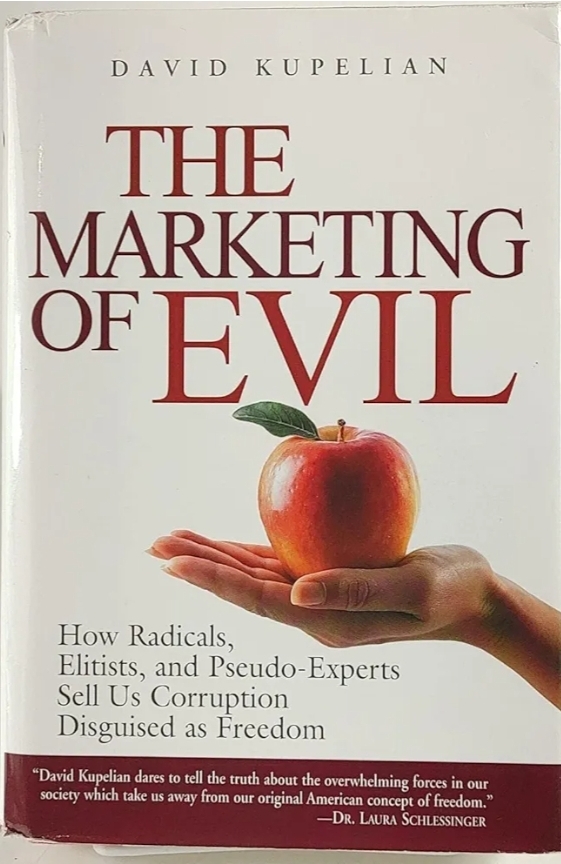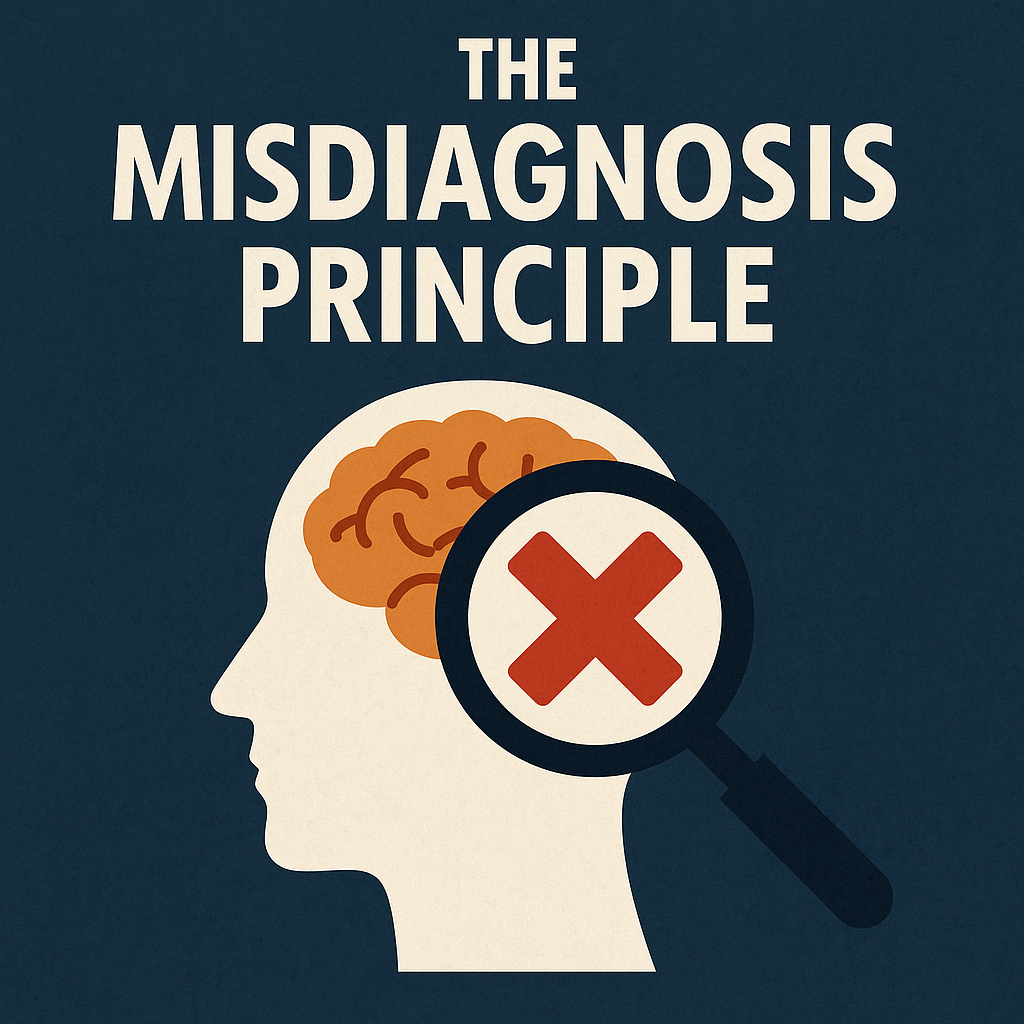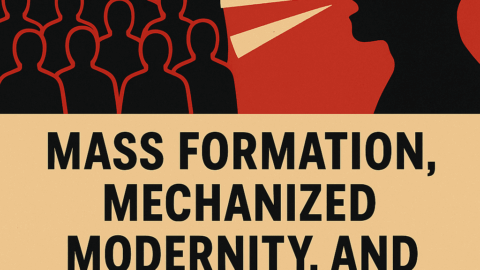David Kupelian’s The Marketing of Evil: How Radicals, Elitists, and Pseudo-Experts Sell Us Corruption Disguised as Freedom examines how cultural and moral corruption have been repackaged and sold to the public as progress and enlightenment. Using a blend of historical analysis, social critique, and moral reflection, Kupelian argues that the decline in traditional values and the rise of societal dysfunction can be attributed to deliberate efforts to manipulate public opinion.
The Premise: Selling Corruption as Freedom
Kupelian begins by explaining how marketing techniques, typically used in advertising, are now being employed to reshape societal values and behaviors. He asserts that these methods are used to make destructive ideologies and practices appear desirable, even noble.
Key Themes:
- Deception and Manipulation: Evil is often disguised as good, making it appealing and difficult to resist.
- The Power of Propaganda: Kupelian explores how language, imagery, and emotional appeals are used to persuade people to accept ideas that may undermine their values.
The Sexual Revolution: Rebranding Immorality
One of the central topics in the book is the sexual revolution, which Kupelian views as a prime example of moral corruption being marketed as liberation. He critiques how traditional values regarding sexuality and family have been dismantled through media and cultural shifts.
Key Points:
- Desensitization to Immorality: The normalization of pornography, promiscuity, and other behaviors has eroded societal standards.
- Impact on Families: Kupelian links the breakdown of traditional sexual ethics to the rise in divorce, single-parent households, and other social problems.
Abortion: Framing the Debate
Kupelian explores how the abortion industry has used language and framing to turn what he considers a moral atrocity into a “women’s rights” issue.
Key Points:
- Euphemisms and Rebranding: Terms like “pro-choice” and “reproductive rights” are used to obscure the moral implications of abortion.
- Dehumanization: Kupelian critiques how the humanity of the unborn child is often minimized or denied in public discourse.
The Assault on Marriage and Family
Kupelian examines efforts to redefine marriage and undermine the traditional family structure, which he views as the cornerstone of a healthy society.
Key Points:
- Redefinition of Marriage: He critiques the movement to redefine marriage, arguing it has contributed to the weakening of the institution.
- Cultural Shifts: Kupelian links the decline of the family to broader societal problems, including increased rates of poverty, crime, and mental health issues.
The Indoctrination of Youth
Kupelian discusses how schools, media, and pop culture are used to influence young minds and steer them away from traditional values.
Key Points:
- Education as a Tool for Ideology: Kupelian argues that many schools have shifted from teaching critical thinking and moral principles to promoting ideologies that undermine traditional values.
- Media’s Role: Entertainment and social media play a significant role in shaping young people’s attitudes and beliefs.
The War on Faith
Kupelian explores how religious faith, particularly Christianity, has been marginalized in modern culture. He argues that faith is often portrayed as outdated, oppressive, or irrational.
Key Points:
- Secularization of Society: The rise of secular ideologies has pushed religious values out of public life.
- Demonization of Believers: Kupelian critiques how religious individuals are often portrayed as intolerant or regressive in media and public discourse.
The Role of Elites and Experts
Kupelian asserts that many societal changes have been driven by elites—academics, media figures, politicians, and activists—who use their platforms to promote agendas that align with their interests.
Key Points:
- Manipulation of Truth: Experts often present themselves as neutral authorities while advancing biased or harmful ideologies.
- The Illusion of Progress: Kupelian critiques how many modern movements are framed as progress while eroding foundational principles.
Consequences of the “Marketing of Evil”
Kupelian outlines the societal consequences of adopting these marketed ideologies, including moral confusion, family breakdown, and cultural decay. He argues that these trends lead to a loss of purpose, meaning, and identity.
Key Points:
- Rise in Mental Health Issues: He links cultural changes to increased rates of depression, anxiety, and substance abuse.
- Erosion of Community: The decline of shared values has weakened the bonds that hold communities together.
Overcoming the “Marketing of Evil”
In the final chapters, Kupelian offers solutions for resisting cultural corruption and reclaiming moral and spiritual integrity.
Key Strategies:
- Returning to Truth: Kupelian emphasizes the importance of grounding one’s life in absolute moral truths, particularly those found in religious faith.
- Strengthening Families: He calls for renewed focus on marriage, parenting, and community-building as antidotes to societal decay.
- Critical Thinking: Kupelian encourages individuals to question the messages they receive from media, education, and culture.
Call to Action
Kupelian concludes with a call to action, urging readers to stand up for truth and resist the forces of moral and cultural corruption. He emphasizes that change begins with individuals and families, who must lead by example and inspire others to do the same.
Conclusion
The Marketing of Evil is both a critique of modern culture and a guide for navigating the moral and spiritual challenges of contemporary life. Kupelian argues that by recognizing the deceptive tactics used to promote harmful ideologies, individuals can resist cultural decay and work toward a more virtuous and fulfilling society. The book challenges readers to think critically about the messages they consume and to recommit to principles that promote truth, justice, and human dignity.






